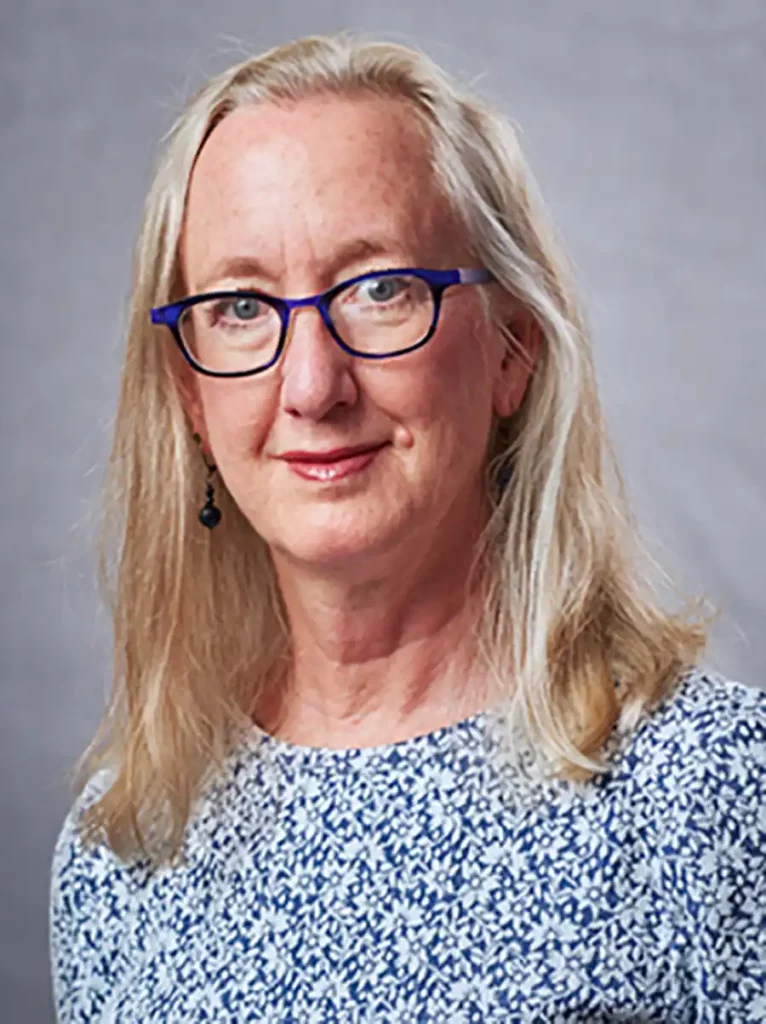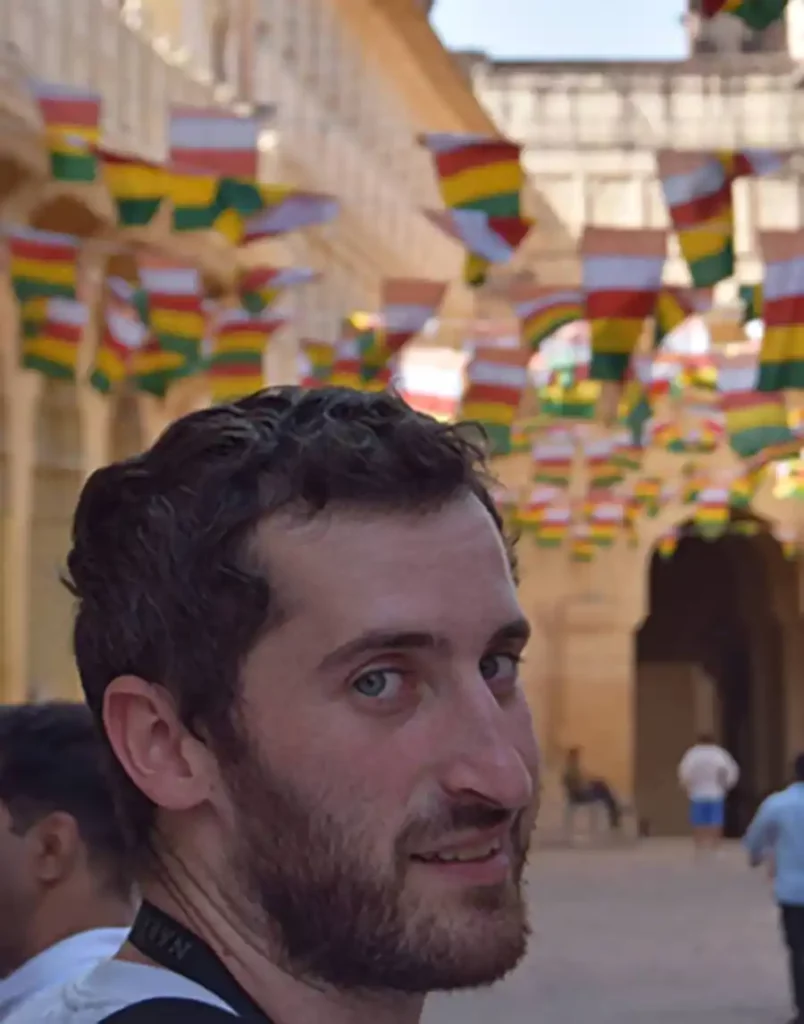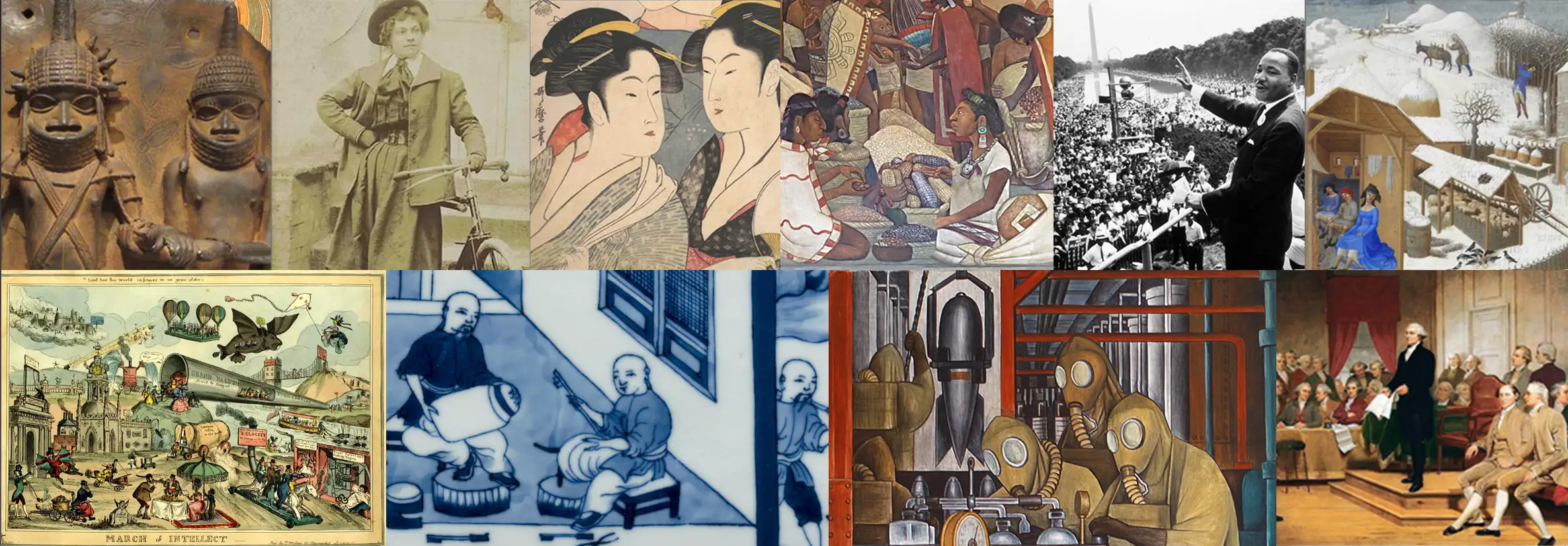Welcoming New Faculty
Robert Bland

Robert Bland joins the UT Department of History as an assistant professor after having been a faculty member in history at St. John’s University in Queens. His research explores late nineteenth and early twentieth century African American life and culture. In particular, his work investigates the legacy of the Fifteenth Amendment, the racial politics of disaster relief, and the intellectual history of the Gullah-Geechee.
His upcoming book project, ‘Requiem for Reconstruction’: The South Carolina Lowcountry and the Afterlife of Radical Republicanism, follows a group of politicians, writers, educators, and intellectuals, both academic and vernacular, who sought to use the history of Reconstruction to defend black suffrage, make claims for disaster relief, establish schools, and, ultimately, contest anti-black academic narratives about black progress in the postbellum South.
Bland earned his PhD from the University of Maryland in 2017. When not in the archives, he enjoys playing pick-up basketball, travelling inordinately long distances to hear rappers from the nineties, and trying street food in different cities.
Susan Lawrence

Susan Lawrence joined the department last year as a full professor. She comes to us from The Ohio State University. She received her PhD in the history of medicine from the University of Toronto, Canada, after majoring in mathematics at Pomona College. She made the move with her husband, David Manderscheid, the new Provost at UT.
Her research interests have ranged broadly in the history of British and American medicine. Lawrence’s first book, Charitable Knowledge: Hospital Pupils and Practitioners in Eighteenth Century London, explored the emergence of the modern medical profession in and around London’s general hospitals, as private medical lecturing and hospital ward-walking exploded in a city without an established university. After that, she worked on the history of medicine in Iowa from 1850 to 1950, Civil War medicine in Washington, DC, and the effect of privacy laws on the study of recent history. That project culminated in her book, Privacy and the Past: Research, Laws, Archives, Ethics.
Lawrence is researching and writing a book with Susan Lederer of the University of Wisconsin-Madison. Lawrence continues her fascination with the history of anatomical dissection in medical education with the history of the rise of whole-body donation in the United States. Why did some Americans—as early as the 1870s—want to give their bodies to science and education when for hundreds of years dissection had been associated with post-mortem punishment, poverty, and horror? By the 1970s, most bodies used in teaching have been donated, in remarkable acts of corporeal philanthropy.
When not teaching, researching, and writing, Lawrence loves to read mysteries, sew her own clothes, and play with their two Abyssinian cats.

Victor Petrov
Victor Petrov joins the department as an assistant professor of East European history. He received his PhD from Columbia University in 2017 and spent the year before Knoxville as a Max Weber Fellow at EUI in Florence, Italy (so he is still looking for recommendations on good local wines). His research explores the histories of the Cold War, the modern Balkans, technology and its intersection with politics, especially as it pertains to the dreaming up and failures of utopias.
His current book project, Cyberia: Bulgarian Computers & The World 1967-1989,explores the socialist world’s biggest computer industry and weaves together the stories of communists, engineers, spies, philosophers, science fiction writers, and anyone else that catches his eye. To do so, he uses both written and oral sources from three countries (Bulgaria, Russia, and India). This has sometimes involved, inadvertently, going to the archives in an Indian Army jeep, or rooting around in half-abandoned buildings, which is of course the best part of any research.
When not pursuing esoteric research, he likes playing music – badly, but with gusto – spending time in mountains, reading bad science fiction (he has, thankfully, abandoned any dreams of writing it), and finding the time to explore new places.
